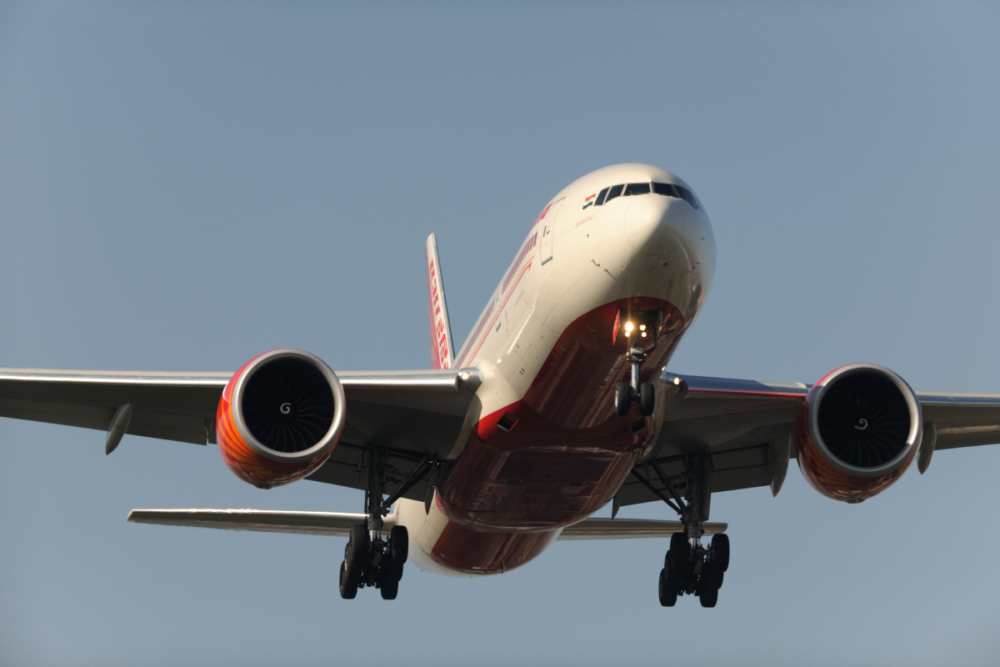On October 20th, the Government of India released new guidelines for foreign travelers, signaling a growing comfort with international travel. Different sets of rules have been put into place based on whether the passengers are arriving from “at-risk” countries or not and will come into effect from October 25th. Let’s find out more.

Mandatory for all travelers
Before getting into the specifics of rules applied to different sets of countries, there are some guidelines that all travelers need to follow, irrespective of their nationality. These are:
- Submission of self-declaration form on the online Air Suvidha portal (www.newdelhiairport.in) before the scheduled travel.
- A negative COVID-19 RT-PCR test taken within 72 hours before the journey, and the report uploaded on the portal.
- Submission of a declaration concerning the authenticity of the report.
Airlines have also been asked to allow boarding to only those passengers who have filled in the self-declaration form on the Air Suvidha portal and uploaded their negative RT-PCR test report.

The Indian government has also identified two groups of countries based on which it further mandates on-arrival protocols. These groups are:
Category A
These are countries with which India has reciprocal arrangements for mutual acceptance of WHO approved COVID-19 vaccines and those that provide fully-vaccinated Indians, with Nationally recognized or WHO recognized vaccines, quarantine-free travel.
The 11 countries in this category are the UK, France, Germany, Nepal, Belarus, Lebanon, Armenia, Ukraine, Belgium, Hungary, and Serbia.
At-risk countries
Passengers from these countries would need to follow additional measures upon arrival. These are:
Countries in Europe, including the UK, South Africa, Brazil, Bangladesh, Botswana, China, Mauritius, New Zealand, and Zimbabwe.
Additional measures for some travelers
The new rules state that travelers from countries other than those classified at risk will be allowed to leave the airport and asked to monitor their health for 14 days post-arrival. This also applies to all travelers from Category A.
However, what about passengers from countries, such as the UK, that fall in both Category A and the at-risk group? This is where the rules get slightly more detailed. Quoting the circular directly, these are the guidelines for travelers from at-risk countries:
Travelers from specified countries at risk will follow the protocol as detailed below:
a.) If the traveler is coming from a country with which India has reciprocal arrangements for mutual acceptance of WHO approved COVID-19 vaccines (Category A):
- If fully vaccinated: They shall be allowed to leave the airport and shall self-monitor their health for 14 days post-arrival.
- If partially/not vaccinated: The travelers need to undertake the following measures:
- Submission of sample for post-arrival COVID-19 test at the point of arrival after which they will be allowed to leave the airport,
- Home quarantine for 7 days,
- Re-test on the 8th day of arrival in India and if negative, further self-monitor their health for the next 7 days.
b.) If the traveler is coming from a country excluding those covered under Category A, they would be required to undergo the measures as mentioned in para a (2) above, irrespective of their COVID-19 vaccination status.
The Indian government considers anyone fully vaccinated 15 days after the completion of the COVID-19 vaccination schedule.

Positive sign for international travel in India
While traveling to India still comes with certain guidelines, the new rules could be seen as India’s thawing attitude towards international travel. The circular issued by the Ministry of Health and Family Welfare stated,
“In view increasing vaccination coverage across the globe and the changing nature of the pandemic, the existing guidelines for international arrivals in India have been reviewed.”
Hopefully, the coming few months will see a further easing of travel guidelines.
from Simple Flying https://ift.tt/3pw7vlT
via IFTTT
Comments
Post a Comment